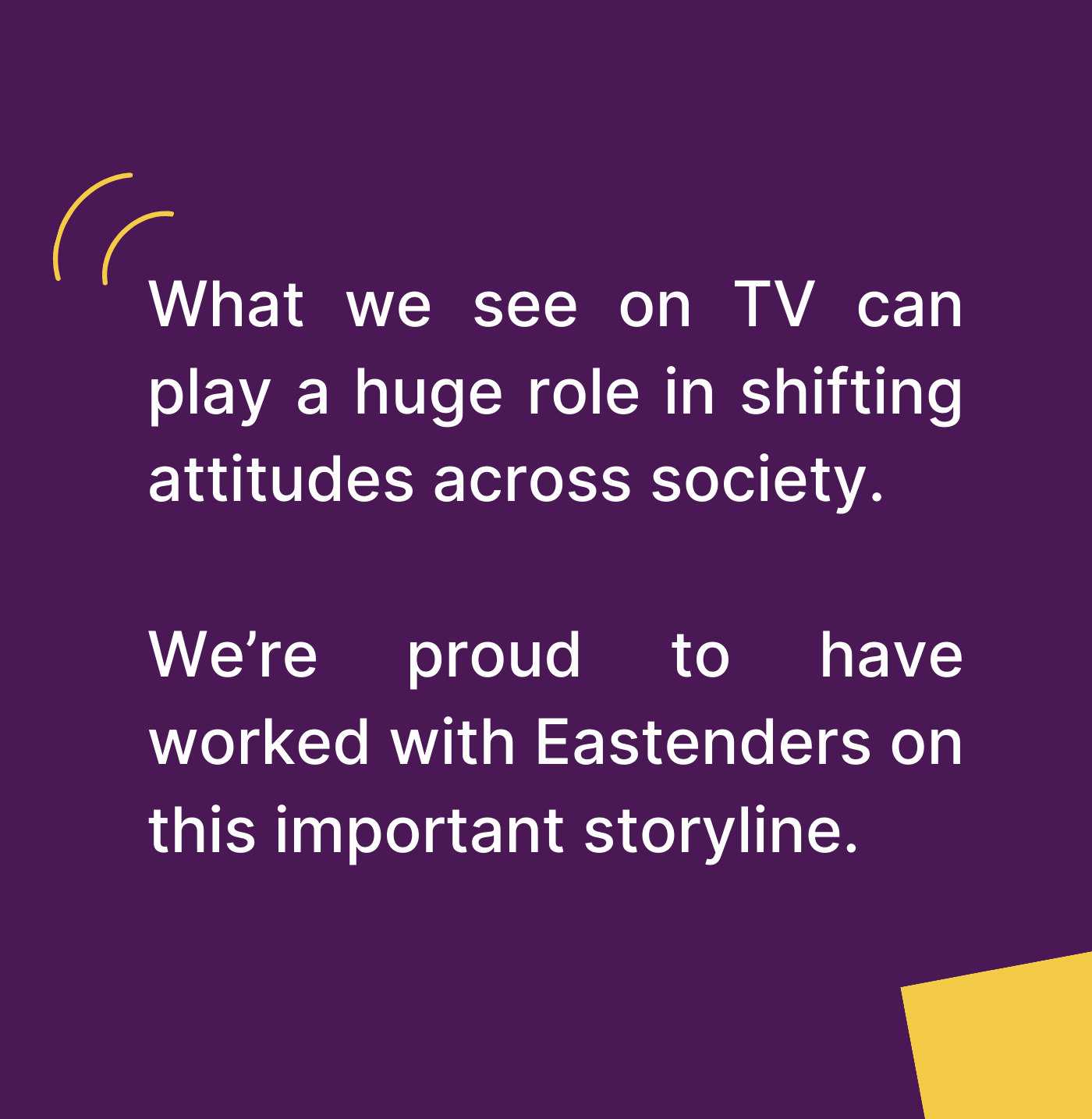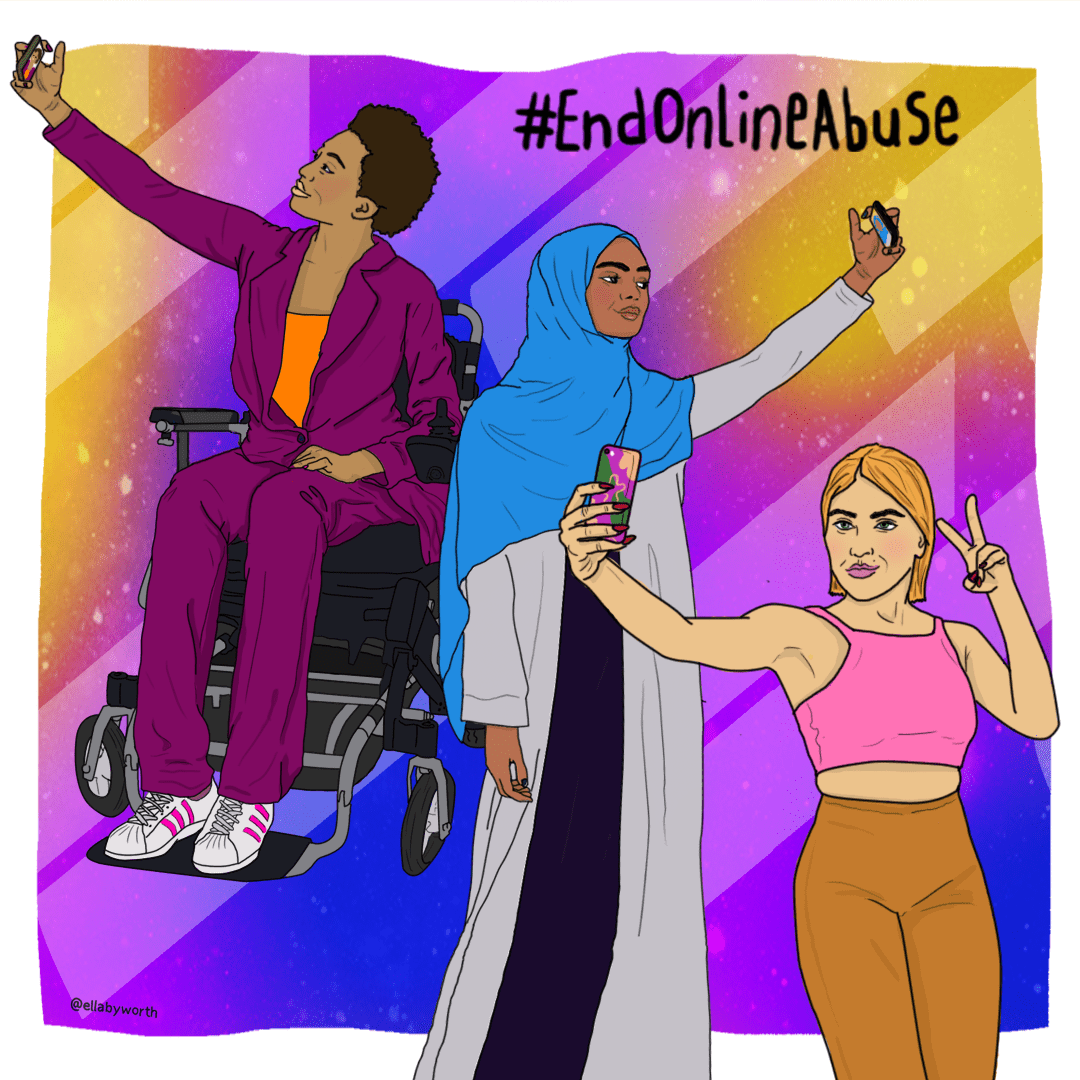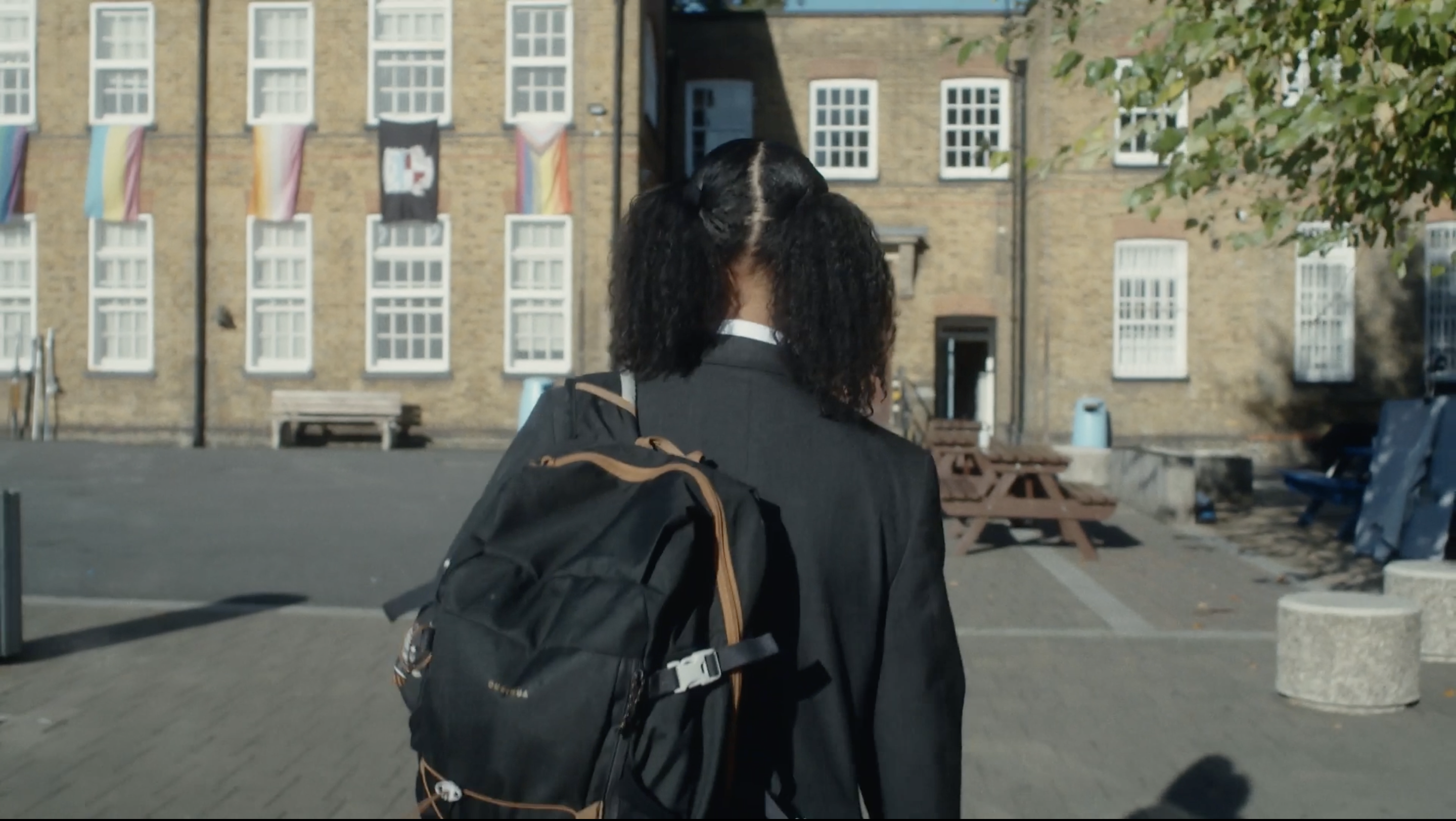 17 Apr
17 Apr
A new survey of attitudes to rape and sexual violence published today (6 December) reveals:
- A third (33%) of people in Britain think it isn’t usually rape if a woman is pressured into having sex but there is no physical violence
- A third of men think if a woman has flirted on a date it generally wouldn’t count as rape, even if she hasn’t explicitly consented to sex (compared with 21% of women)
- A third of men also believe a woman can’t change her mind after sex has started
- Almost a quarter (24%) think that sex without consent in long-term relationships is usually not rape (1).
The End Violence Against Women Coalition commissioned the YouGov survey of around 4,000 people across Great Britain in order to examine why rape, a very common and extremely harmful crime, is still so difficult to tackle at a time when reports to police are increasing exponentially (3).
The survey also found that:
- ‘Stealthing’: 40% think it is never or usually not rape to remove a condom without a partner’s consent
- Around one in 10 people aren’t sure or think it usually or definitely isn’t rape if a man has sex with a woman who is very drunk or asleep
- Generation divide: More than a third (35%) of over 65s we asked think that in most cases isn’t rape to have non-consenting sex with your wife or partner, compared to just 16% of 16-24s. 42% of over 65s generally think that in most cases if a woman changes her mind halfway through but the sex continues, it isn’t rape compared with just 22% of the 25-49s.
Rachel Krys, co-director of the End Violence Against Women Coalition said
“These figures are alarming because they show that a huge proportion of adults in Britain – who make up juries in rape trials – are still very unclear about what rape is.
“It is known that the vast majority of women who are raped know the person who raped them, but for many people, the most commonly understood scenario is a single violent incident of rape committed by a stranger on a dark street. This could help explain why juries are so reluctant to convict particularly younger men where consent is in question.
“There has been a huge increase in the number of women reporting rape and sexual violence to the police and seeking support from specialist rape support organisations. #MeToo has shone a light on the scale of sexual violence, and more women are seeking justice. Yet as a society we are failing to respond to this call for help, and this year the number of cases being taken forward by police and the courts fell.”
The research also asked what people think should be and actually is in place to support women if they are raped:
- 60% of people think that free counselling services are available to victims of rape.
In reality there is no automatic right to access counselling for victims of rape and many of the women-led, independent rape support counselling services in our local communities really struggle to find funding to meet this demand, and are sometimes forced to close their waiting lists.
Rachel Krys continued:
“We’ve learned this year that the system which is supposed to prosecute rapists and provide justice for victims is failing badly. In spite of a huge rise in the number of women reporting, far fewer rapists are being charged or ending up in court. For too many women, justice is not an option open to them.
“This research shows that confusion and myths about rape are still very common, and this could explain why it’s hard for juries to make fair decisions if they don’t understand or agree with our laws on rape. It also shows that victims won’t necessarily be given the support they need from their family and friends, if the rape they experience isn’t understood as harmful or even as rape. Yet most people think the system is important and is working for victims of rape.
“We need an independent end-to-end review of how the police and courts tackle rape, from the first report to sentencing and parole. It’s vital that justice for rape victims is prioritised and we put in place measures to make the system fairer. We also need guaranteed counselling for all rape survivors – and practical and legal help if they choose to report to the police.”
Recent reports following Freedom of Information requests showed that the criminal justice system is struggling to cope with the vast majority of reports of rape and sexual violence:
- There was a 23% drop in charges for rape last year, despite a huge leap in reports to the police
- 2,822 men were charged with rape in 2017/18, compared with 3,671 in 2016/17
- In 2012/13, the police recorded 16,374 rape offences. This figure leapt to 41,186 in 2016/17
- Only 32% of 18-24 year-old men are found guilty by a jury compared with 46% of 25-59 year-olds
- Of the 1,343 rape cases taken by the CPS against 18-24 year old men in the last 5 years, only 404 were convicted – an average of 30%
- Prosecutors urged to drop ‘weak’ cases. One told by bosses: “If we took 350 weak cases out of the system, our conviction rate goes up to 61%.”
Here is the full report including the main findings and methodology
Here are the data tables and questions we asked
Notes
1 – Rape in marriage was criminalised in 1991
Recommended ARTICLES
 17 Apr
17 Apr
 16 Apr
16 Apr
 12 Apr
12 Apr

